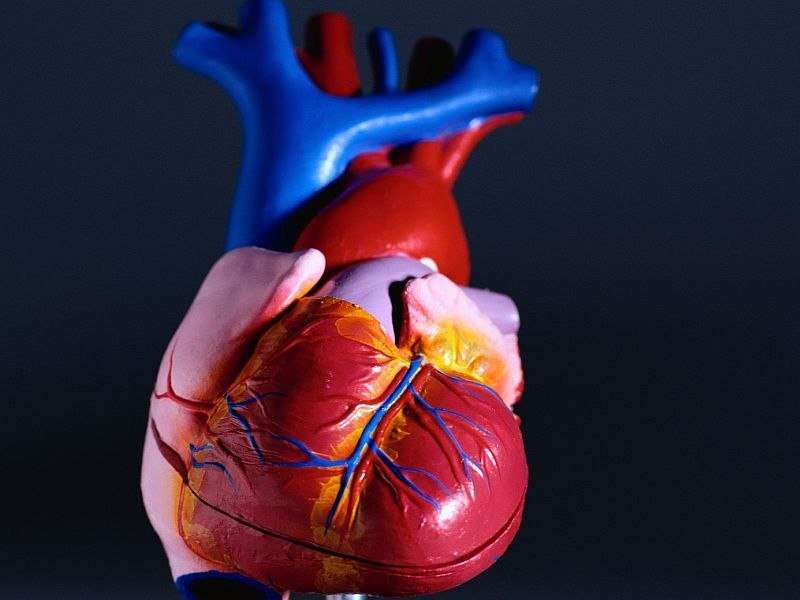More variants in DCM-tied genes in alcoholic cardiomyopathy

(HealthDay)—Patients with alcoholic cardiomyopathy (ACM) have more variants in dilated cardiomyopathy (DCM)-associated genes than those without ACM, according to a study published in the May 22 issue of the Journal of the American College of Cardiology.
James S. Ware, M.B.B.S., Ph.D., from Imperial College London, and colleagues examined the role of variation in cardiomyopathy-associated genes in the pathophysiology of ACM. A total of 141 ACM cases, 716 DCM cases, and 445 healthy volunteers were characterized. The prevalence of rare, protein-altering variants in nine genes associated with inherited DCM was assessed.
The researchers found that patients with ACM had a higher prevalence of variants in well-characterized DCM-causing genes than controls (13.5 versus 2.9 percent); the prevalence was similar for patients with ACM and DCM (19.4 percent). Patients with ACM also had a predominant burden of titin truncating variants (TTNtv) (9.9 percent). In a cohort of DCM patients not meeting ACM criteria, there was an interaction between TTN genotype and excess alcohol consumption. On multivariate analysis, an 8.7 percent absolute reduction in ejection fraction was seen in DCM patients with TTNtv who consumed excess alcohol versus those without TTNtv and excess alcohol consumption.
"Familial evaluation and genetic testing should be considered in patients presenting with ACM," the authors write.
More information:
Abstract/Full Text
Editorial (subscription or payment may be required)
Copyright © 2018 HealthDay. All rights reserved.





















